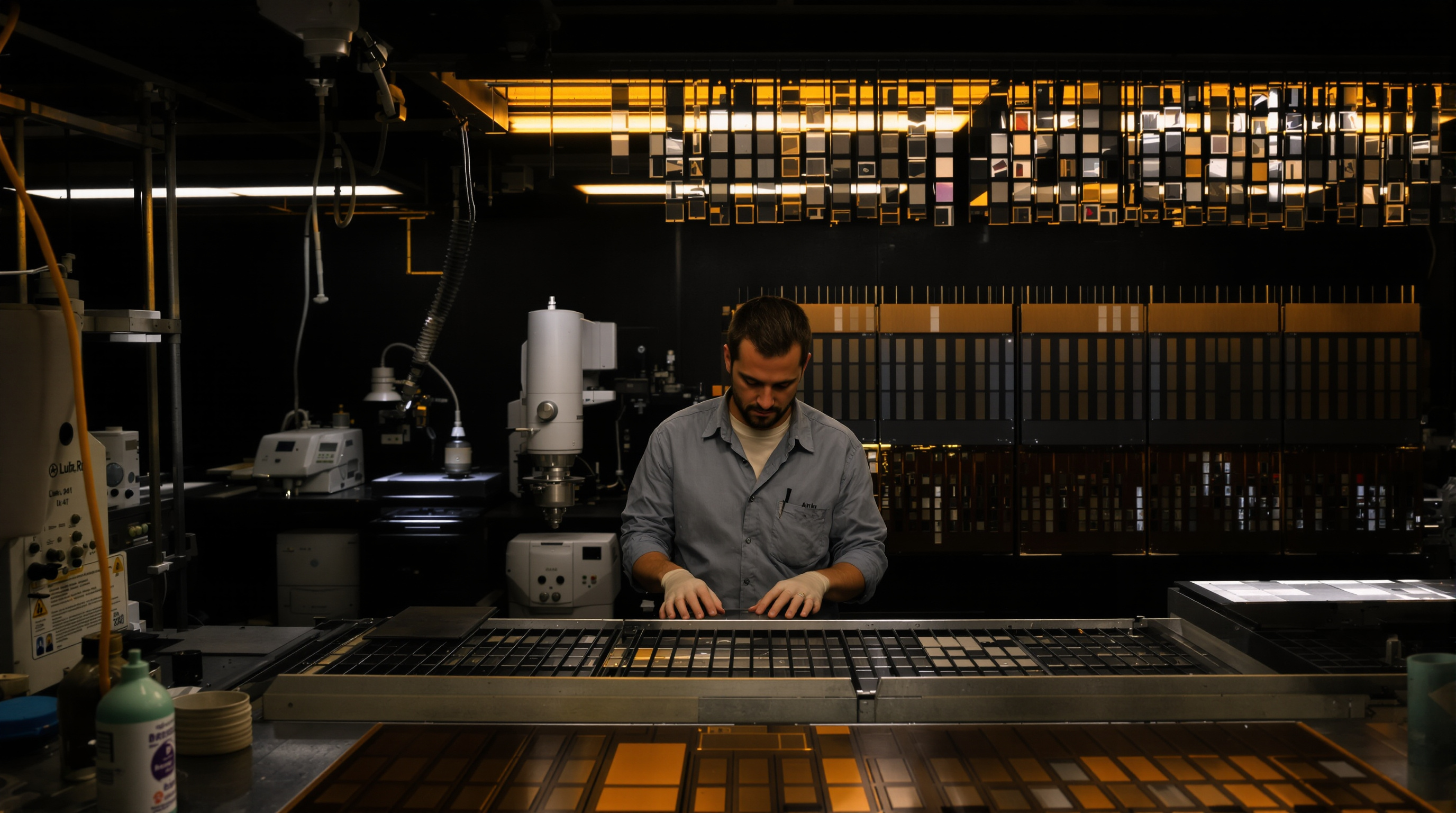The Art and Science of Film Processing in Louisville
T.K. Broecker / 26 October 2025

The Art and Science of Film Processing: Keeping Tradition Alive in Louisville
In an age ruled by digital photography, film continues to thrive as both an artistic pursuit and a technical craft. From C-41 color processing to traditional black and white developing, the transformation of exposed film into tangible images remains a captivating intersection of chemistry and creativity. Louisville’s professional labs uphold this tradition—combining classic darkroom methods with modern scanning and color management to produce exceptional results for photographers who value film’s distinctive character.
Understanding C-41 Film Processing
The C-41 process is the industry standard for developing color negative film. Through a series of precisely controlled chemical baths, it converts the latent image captured on film into a visible color negative with rich tones and accurate hues.
Core Steps in the C-41 Process
- Developer: Converts exposed silver halides into metallic silver while forming color dyes.
- Bleach: Converts metallic silver back into silver halides.
- Fix: Removes the remaining silver halides, leaving only the dye image.
- Stabilizer / Final Rinse: Stabilizes dyes and adds wetting agents to prevent streaking or residue.
Professional labs maintain precise temperature control—typically 100°F (37.8°C)—throughout processing to ensure consistent density, contrast, and color accuracy. While home kits exist, most photographers rely on professional labs for their calibration, clean chemistry, and dependable results.
The Classic Approach: Black and White Developing
Black and white film developing distills photography to its most essential elements. Unlike the rigid C-41 process, it allows greater creative flexibility and tolerance for temperature variation—making it a favorite for both professionals and home darkroom enthusiasts.
Basic Black & White Development Steps
- Developer: Converts exposed silver halides into metallic silver.
- Stop Bath: Neutralizes the developer to halt the reaction.
- Fixer: Dissolves unexposed silver halides.
- Washing: Removes all remaining chemicals for archival stability.
Different developers impart unique looks—Kodak D-76 provides fine grain and balanced contrast, while Rodinal produces pronounced grain and crisp edge detail. Professional labs offer specialized options like push/pull processing and custom development times to achieve specific visual effects.
Darkroom Chemistry and Film Lab Workflow
Behind every professional film lab lies a finely tuned process and a deep understanding of photochemistry. Louisville’s film technicians combine meticulous precision with artistic care to deliver consistent, high-quality results.
Typical Professional Lab Workflow
- Film intake and logging for order tracking
- Chemical preparation and replenishment
- Automated or manual film processing
- Drying negatives in dust-free environments
- Scanning or optical printing
- Quality control for density, color, and contrast
- Archival packaging and delivery
Chemical stability and temperature regulation are paramount. Labs routinely test developer activity, maintain filtration systems, and operate in climate-controlled rooms—ensuring that every roll receives the same attention to detail from start to finish.
Modern Services: Film Scanning and Color Correction
While traditional processing forms the backbone of film photography, today’s professional labs have embraced digital innovation. High-resolution scanning and digital color correction bring analog images into the modern workflow without compromising authenticity.
Professional Scanning Features
- Multiple resolution options for web or print
- Precision scanners (Noritsu, Frontier, Hasselblad Flextight)
- Digital ICE technology for dust and scratch removal
- Custom profiles tailored to film stocks
Color Correction Priorities
- Preserve each film’s unique color signature
- Adjust exposure and density for consistency
- Maintain highlight and shadow detail
- Respect the natural palette of the original film
Louisville’s modern labs blend analog mastery with digital precision—delivering scans that retain film’s signature warmth, grain, and tonal richness while providing the convenience of digital files for printing or archiving.
Conclusion: The Enduring Craft of Film Photography
Whether you’re a seasoned professional or a curious enthusiast, Louisville’s film labs offer the perfect balance of tradition and technology. Through expert chemical processing, precise scanning, and thoughtful color correction, these labs honor film’s legacy while making it accessible to a new generation. The tactile, timeless nature of film continues to inspire photographers to slow down, create intentionally, and celebrate the artistry embedded in every frame.